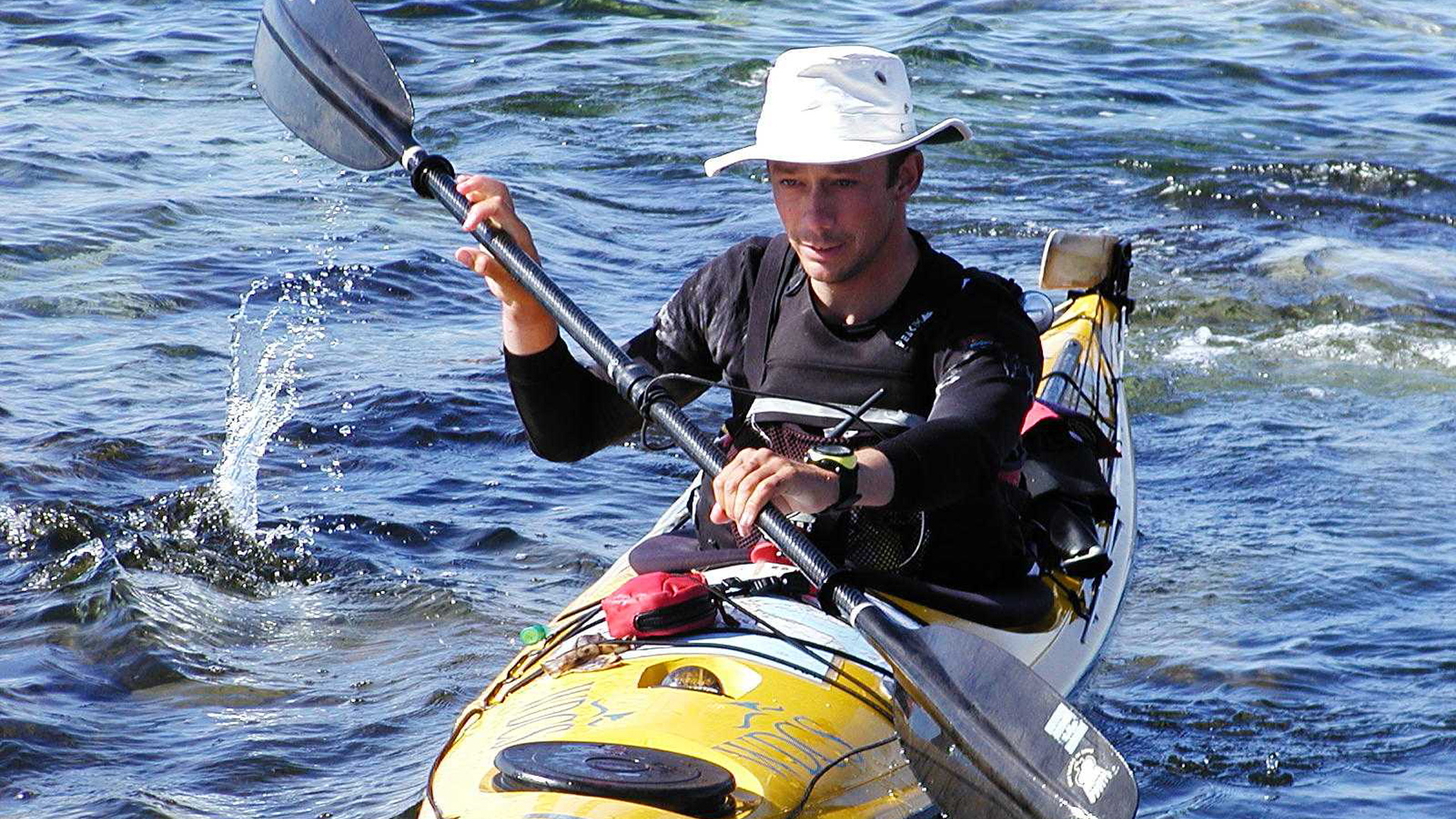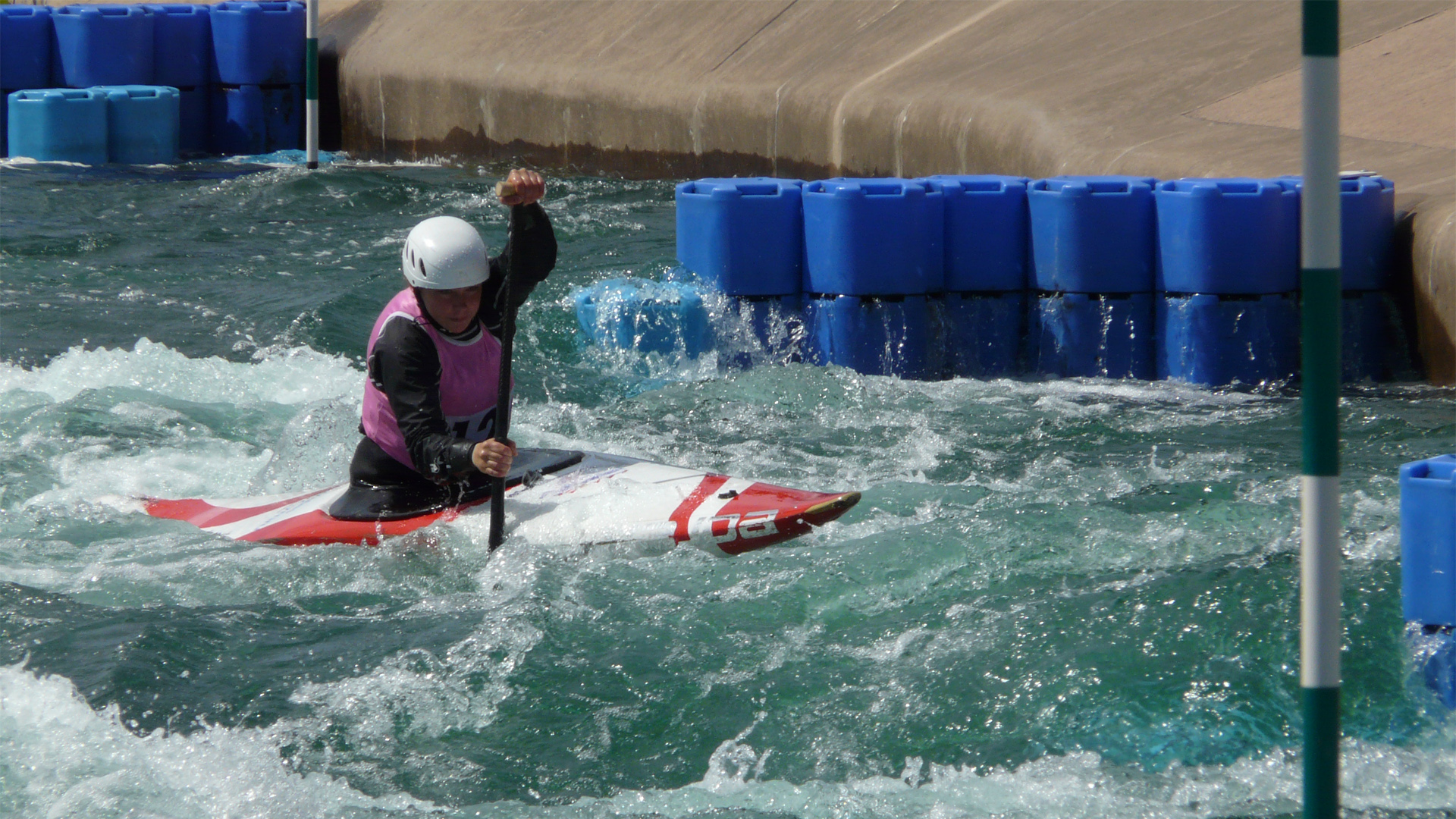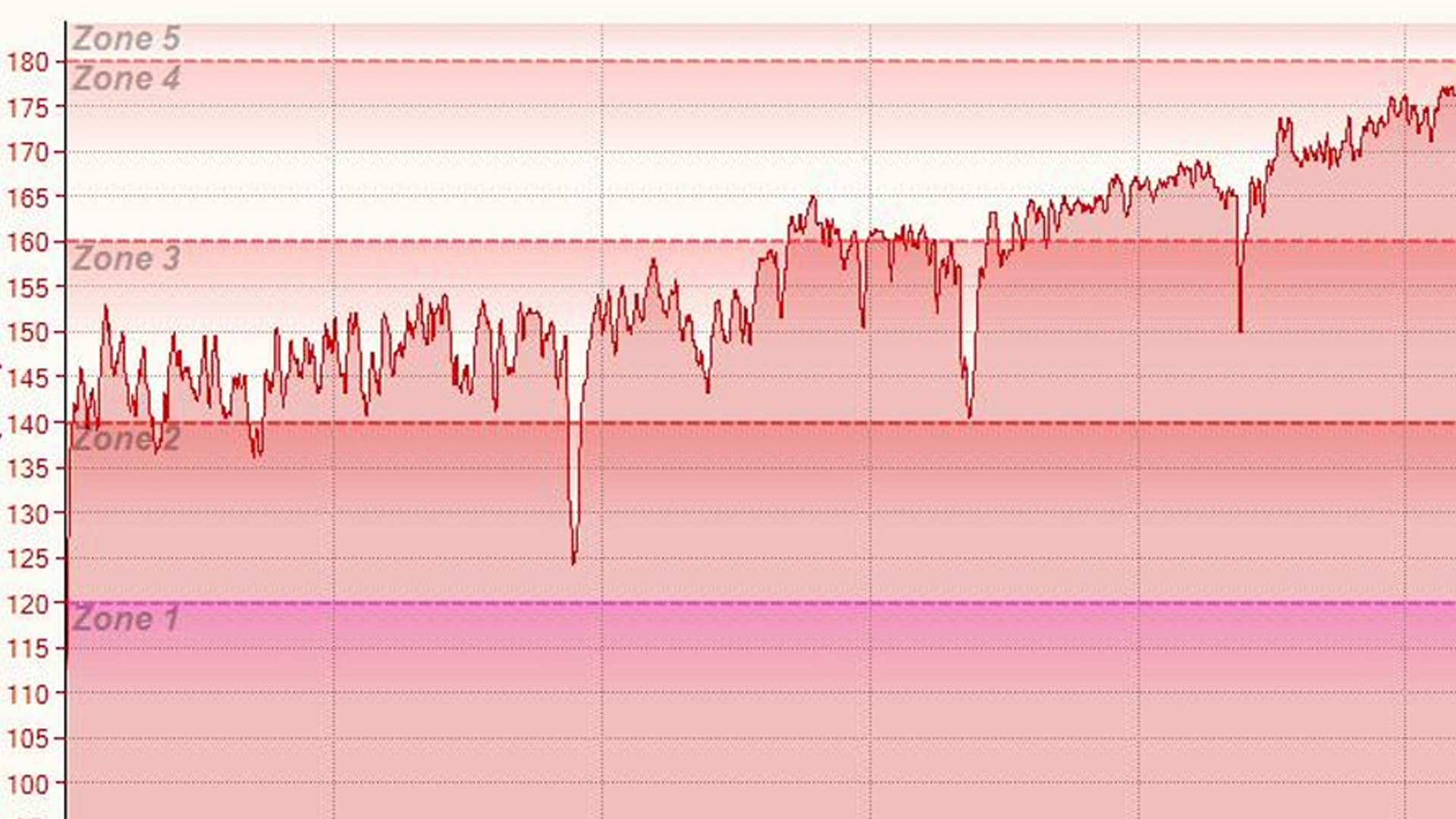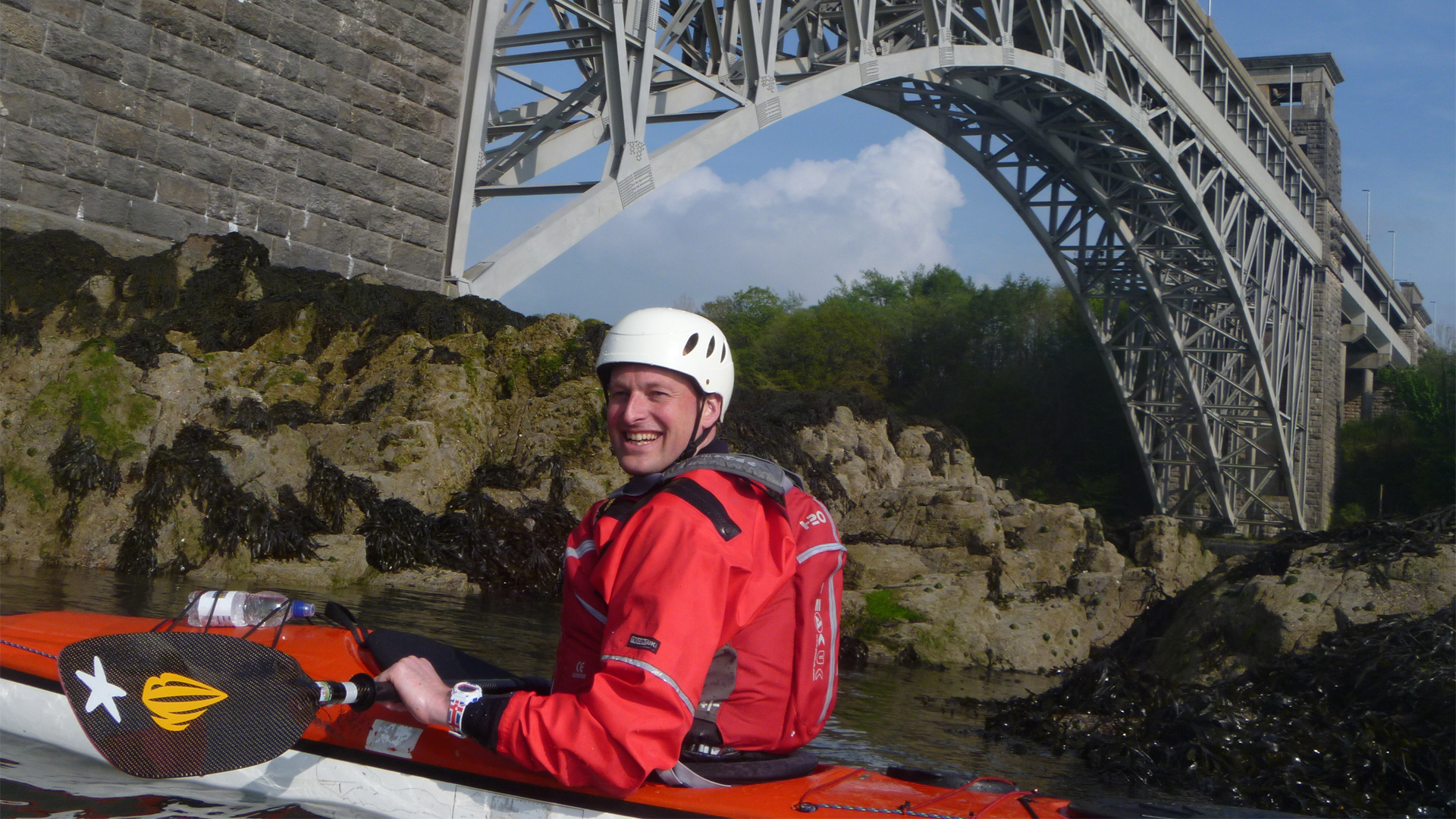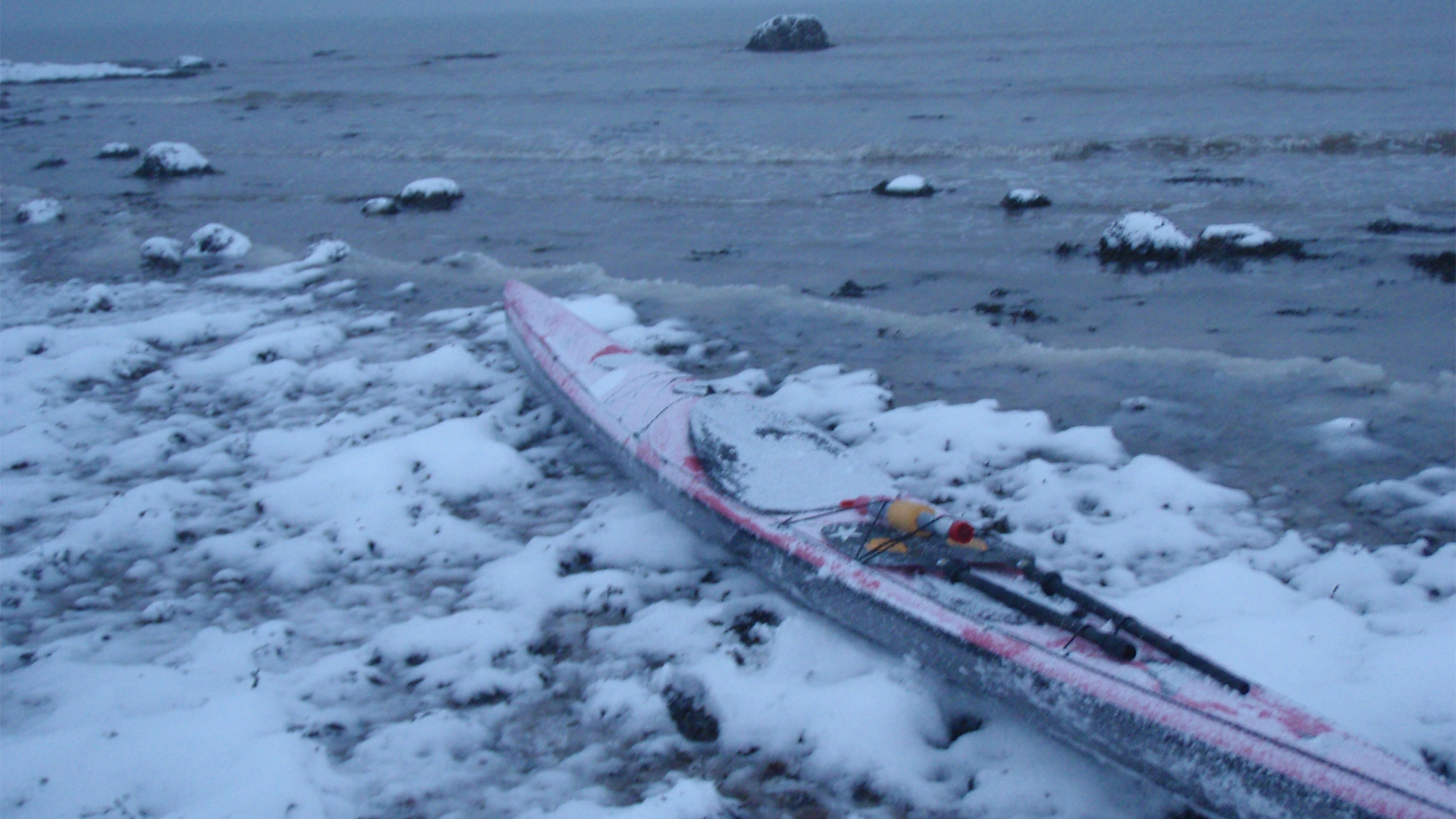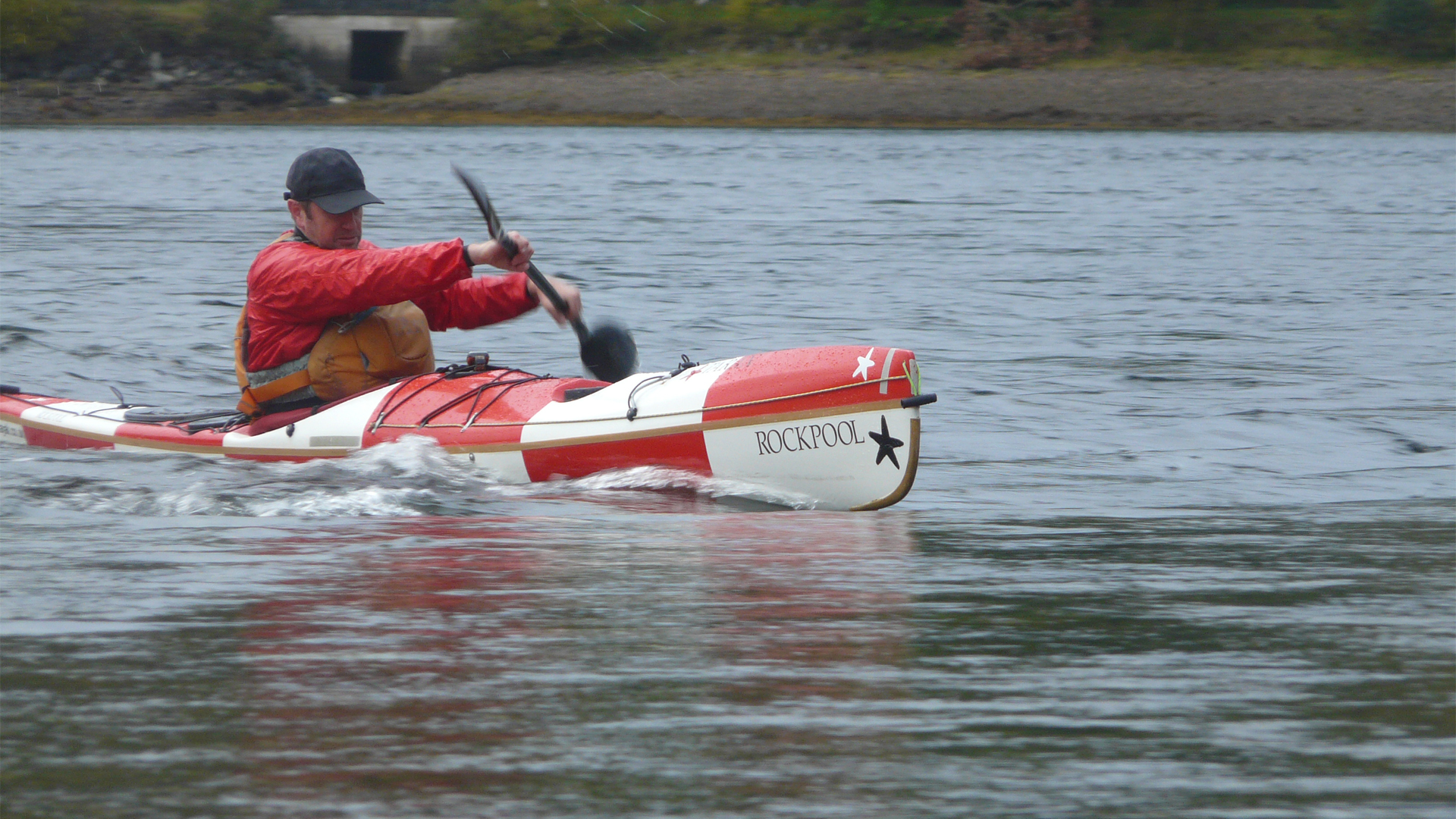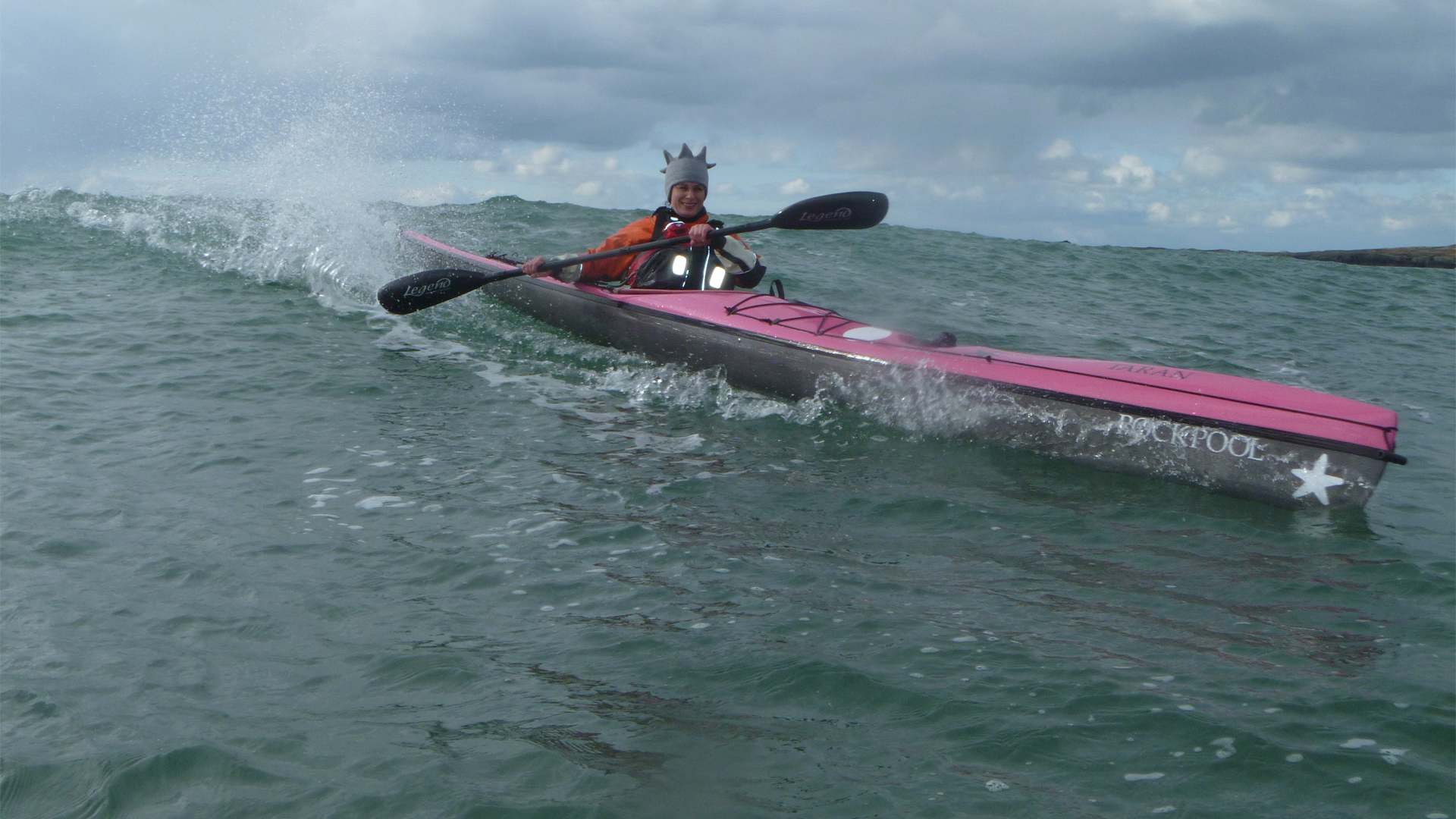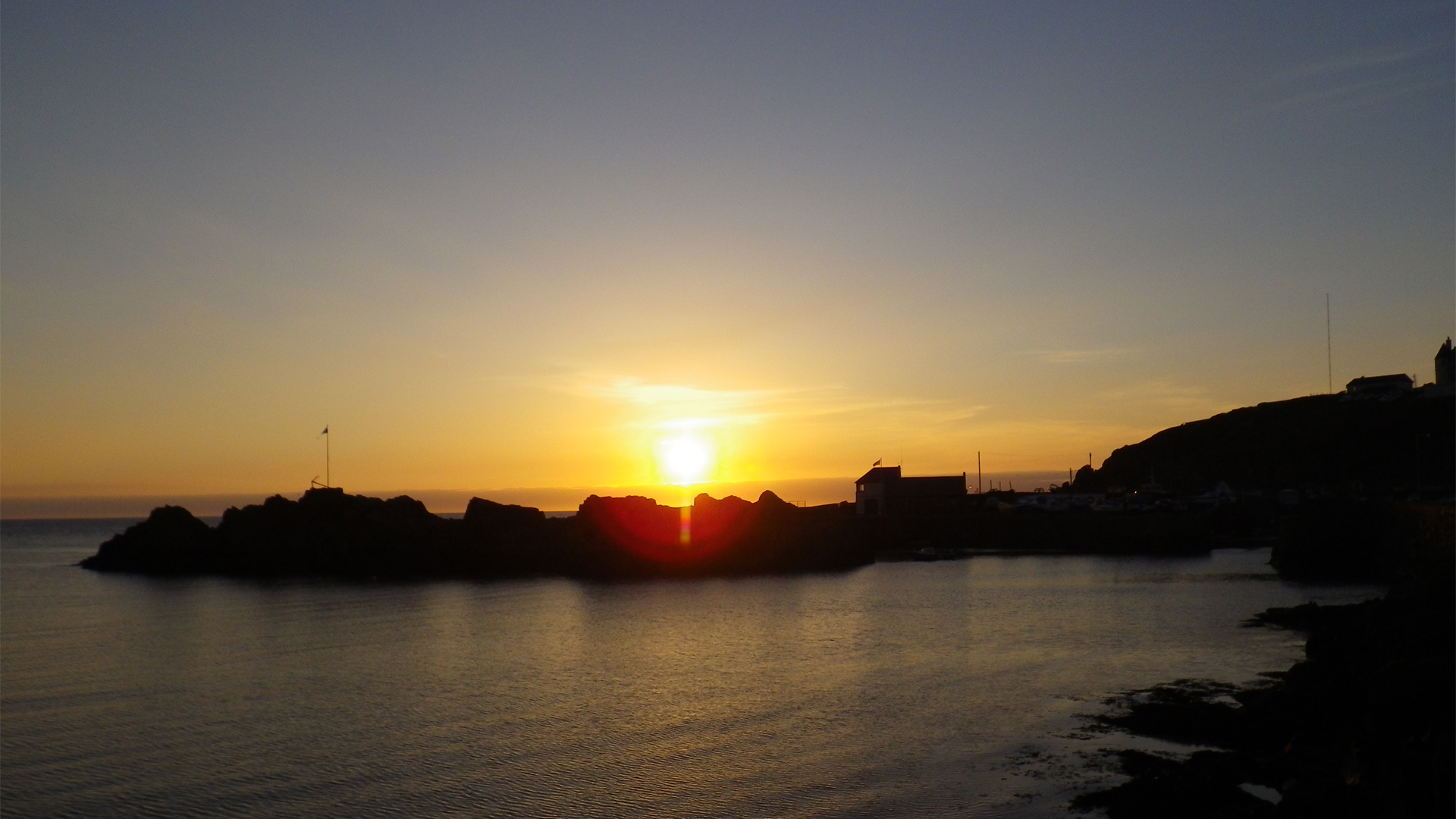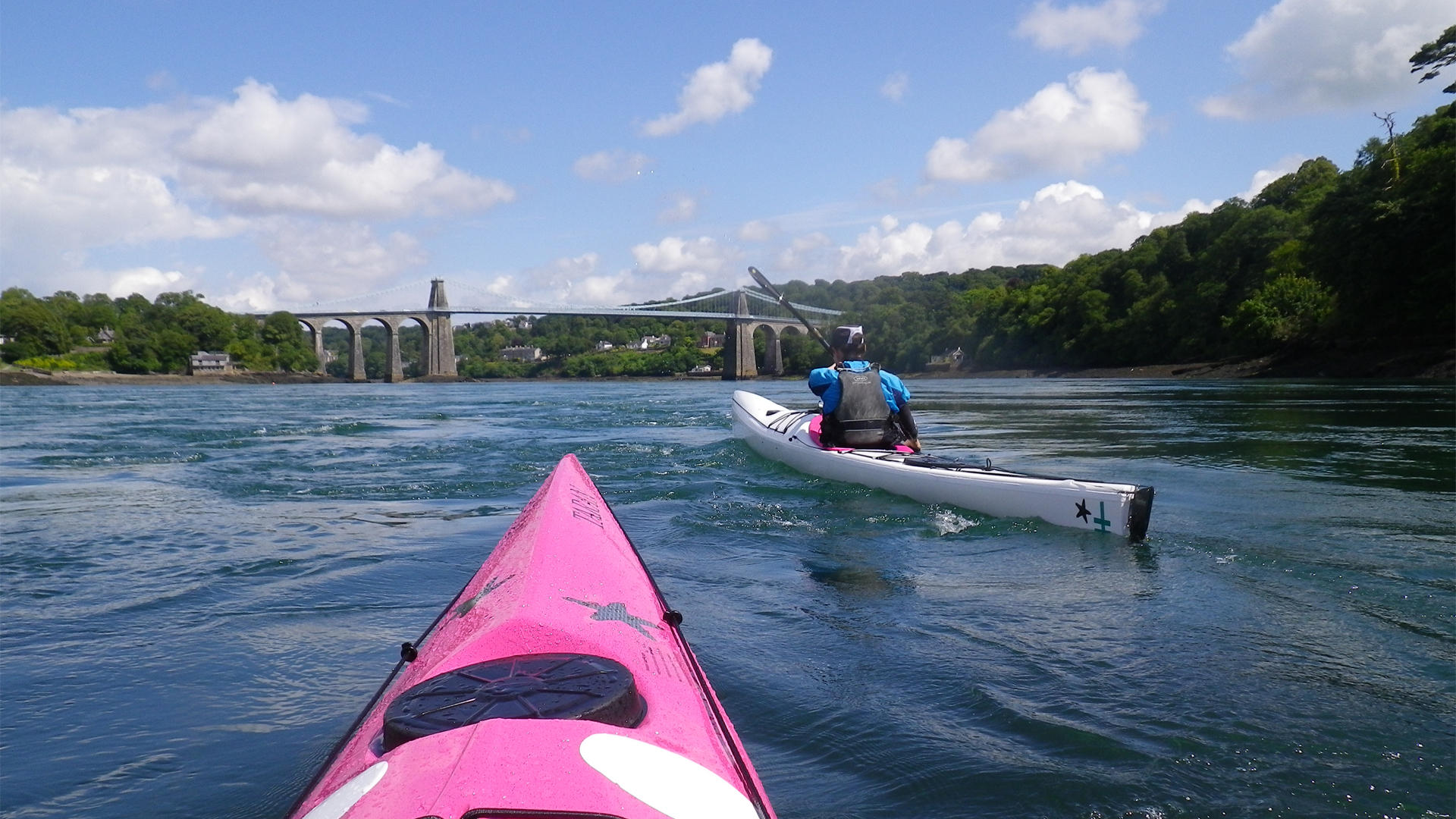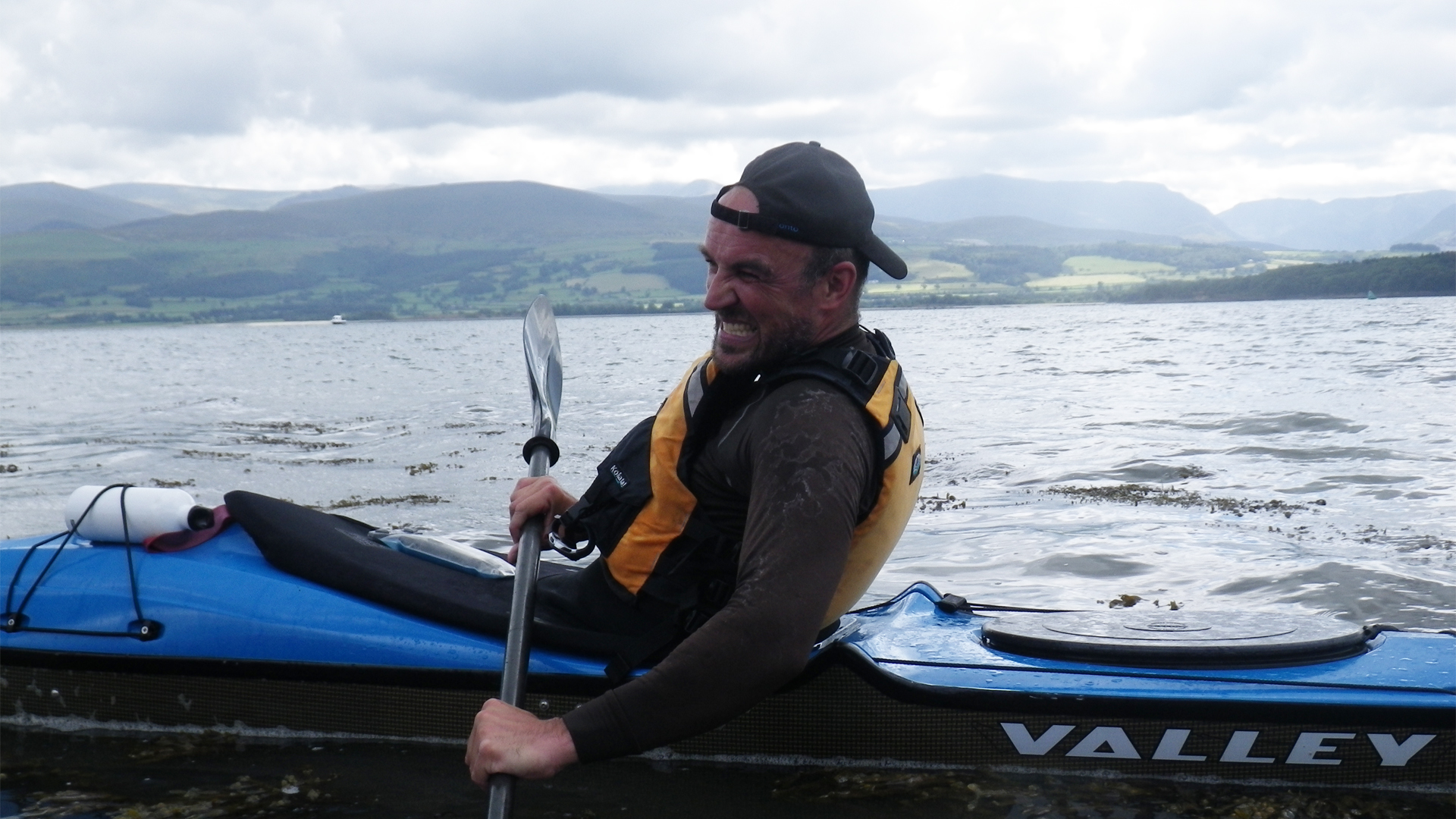GB Circumnav – Solo Round Britain May-Sept 2002
by Richard Atkinson
These are the updates written during my solo journey around mainland Britain in 2002, they tell the story of my solo kayak voyage around mainland UK that summer. The journey began on 5th May in Spey Bay, Moray Firth, travelling clockwise and returning to Spey Bay September 2nd. At the end I’ve added some appendices which may be helpful to those preparing a similar trip.
